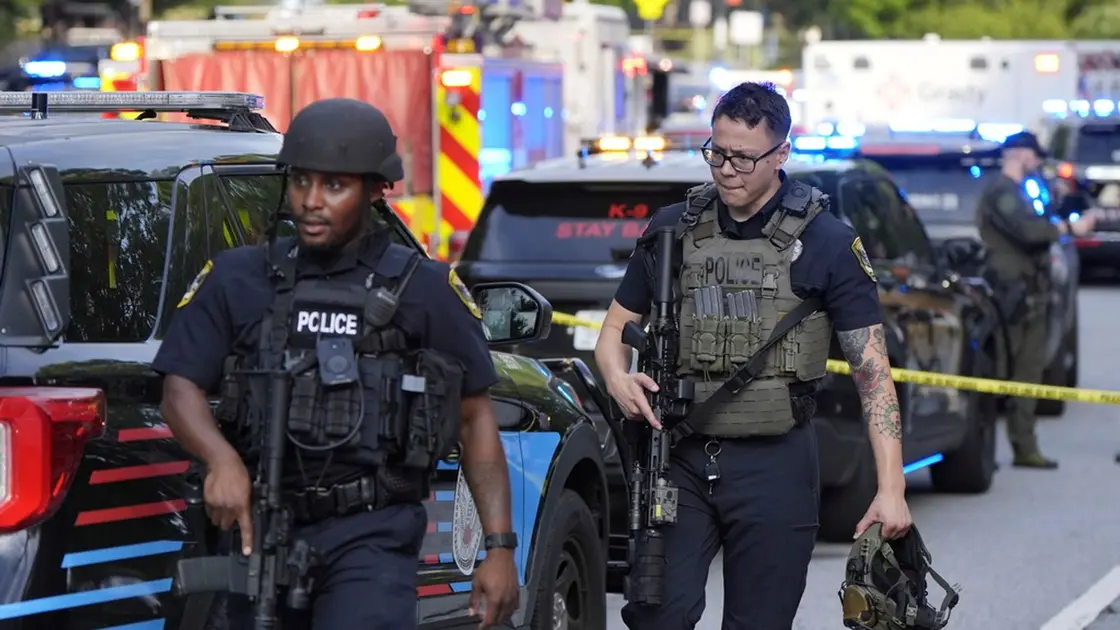T4K3.news
CDC shooting prompts union call for clear stand against misinformation
A gunman attacked the CDC in Atlanta, killing a police officer. A vaccine misinformation debate is now at the center of the response and security concerns.
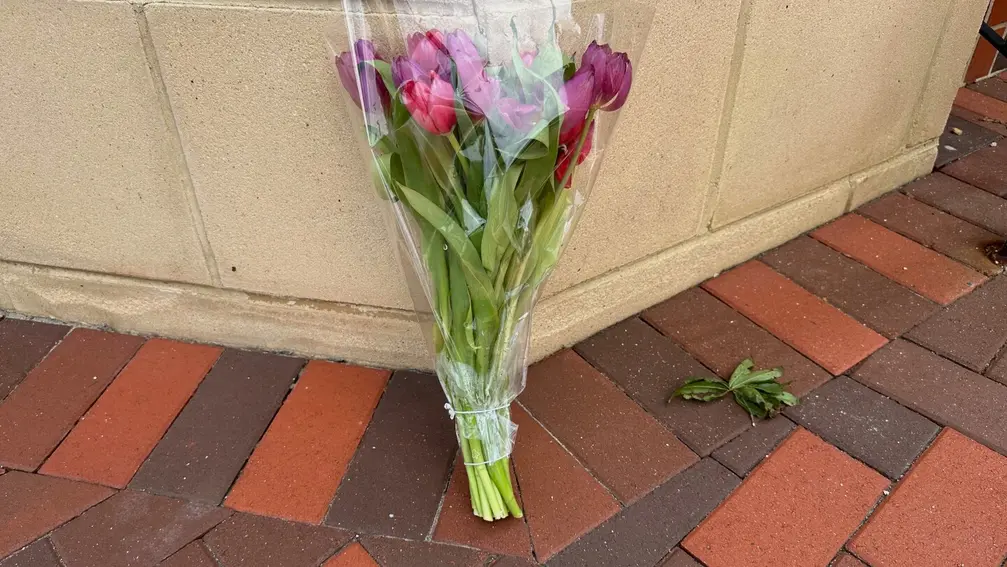
A Georgia man killed a police officer in an attack at the CDC headquarters, and a union calls for officials to condemn vaccine misinformation.
Union demands clear stance against vaccine misinformation after CDC shooting
A gunman opened fire outside the Centers for Disease Control and Prevention headquarters in Atlanta on Friday, killing a police officer and injuring none publicly reported at the scene. The shooter, identified as 30-year-old Patrick Joseph White, died at the scene after being found on the second floor of a building across the street. Police say he had attempted to enter the campus earlier but was stopped by guards before driving to a nearby pharmacy to continue the attack. White was reported to have five guns, including a long gun, according to law enforcement.
The incident drew immediate attention from the CDCs union, which said the attack was not random and called for a clear condemnation of vaccine misinformation by federal leaders. The AFGE Local 2883 urged tighter security on CDC campuses and argued that public statements against misinformation could help protect scientists who work on sensitive health issues. The attack prompted lockdowns and raised questions about safety around a major public health campus, including reports that staff and even children were sheltered inside Clifton School during the investigation.
Key Takeaways
"Their leadership is critical in reinforcing public trust and ensuring that accurate, science-based information prevails."
Union statement calling for a clear stance against vaccine misinformation
"No one should face violence while working to protect the health of others."
Kennedy Jr.'s comment reported after the shooting
"He very deeply believed that vaccines hurt him and were hurting other people."
Neighbor describing the shooter's beliefs
"We do not know at this time whether that was from officers or if it was self-inflicted."
Police Chief on the shooter’s death
The shooting underscores how public health disputes can spill into real violence when misinformation hardens into a belief system. Leaders are now pressed to speak out clearly and decisively against false narratives about vaccines, a step some unions say is essential to protect staff and preserve trust in science.
Beyond rhetoric, the episode highlights practical needs for protection and mental health support at large health campuses. Security measures, secure facilities, and a plan for trauma recovery should be part of the long aftermath, not afterthoughts. As investigators pursue the motive, the broader public may demand accountability from policymakers and health officials who shape vaccine messaging and research funding.
Highlights
- A clear stand against misinformation is essential.
- Safety must come first for those protecting public health.
- Truth in science must outpace the noise.
- Violence is not a verdict on policy.
Vaccine misinformation linked to violence prompts calls for leadership condemnation
The piece ties vaccine misinformation to violence against scientists, a highly sensitive topic that could provoke political backlash and public debate. It highlights the risk that public statements may be politicized and affect trust in health institutions.
The episode shows how public health debates can turn personal and dangerous, and the need for steady, principled leadership.
Enjoyed this? Let your friends know!
Related News
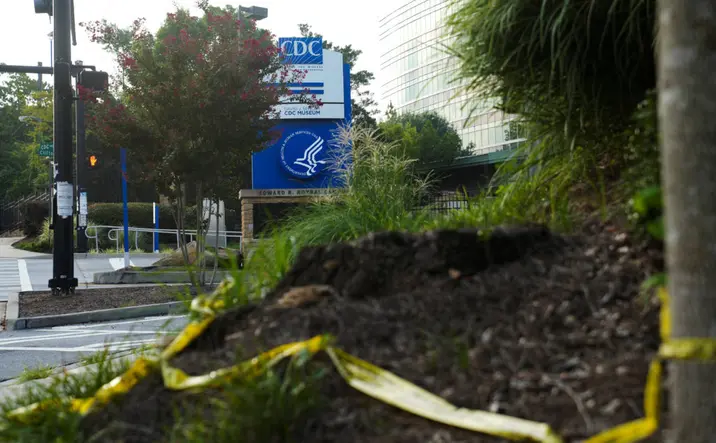
CDC shooting prompts accountability calls
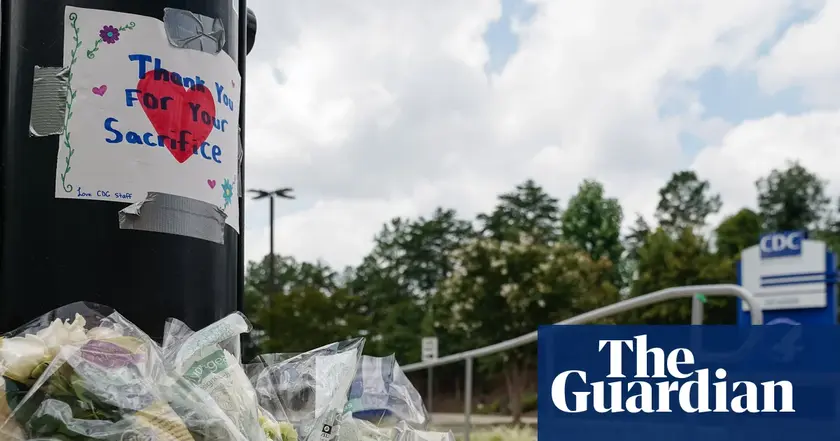
CDC campus shooting prompt calls for clear stance on misinformation
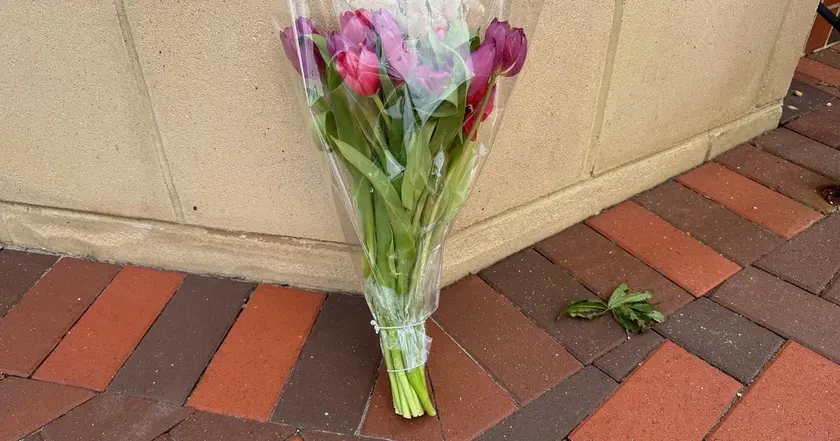
CDC shooting tied to vaccine misinformation
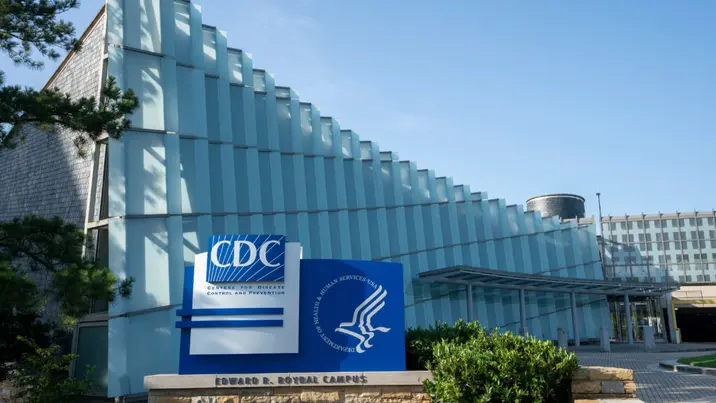
CDC shooting prompts urgent push to protect health workers
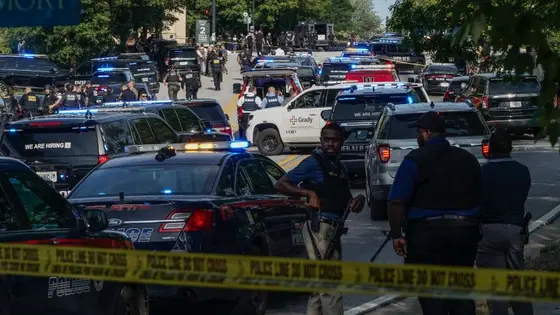
Gunfire near CDC HQ in Atlanta
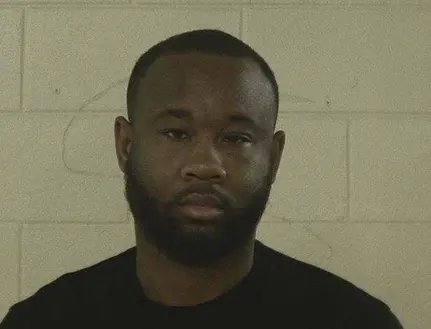
Fort Stewart Shooting Suspect Identified
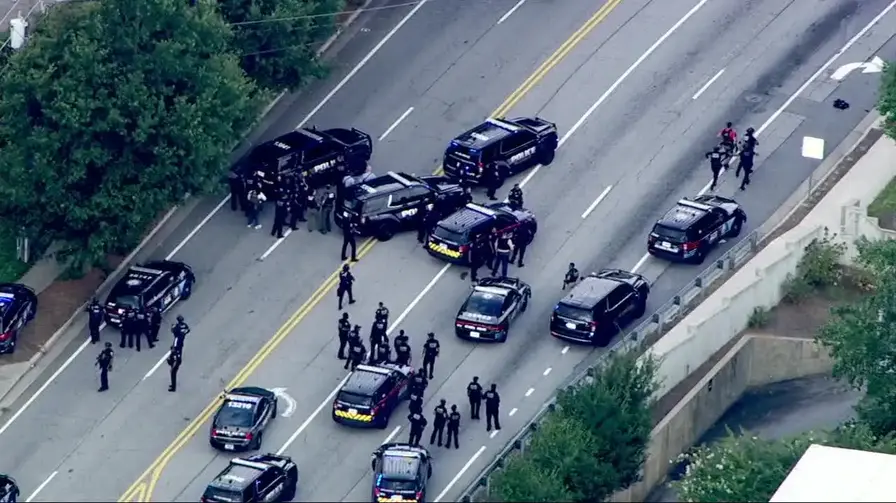
Active shooter incident contained near Emory University
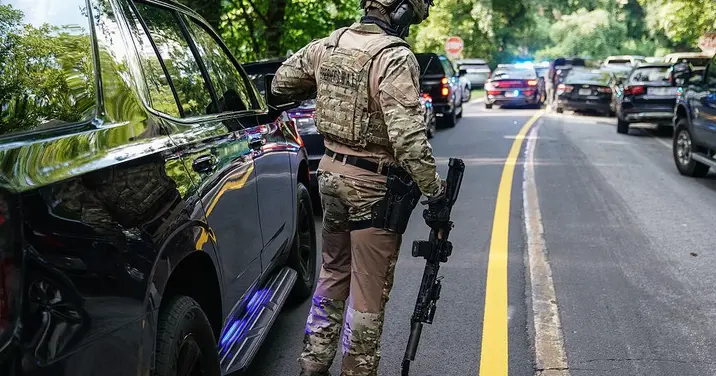
Shooting near Emory campus leaves multiple dead
